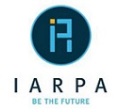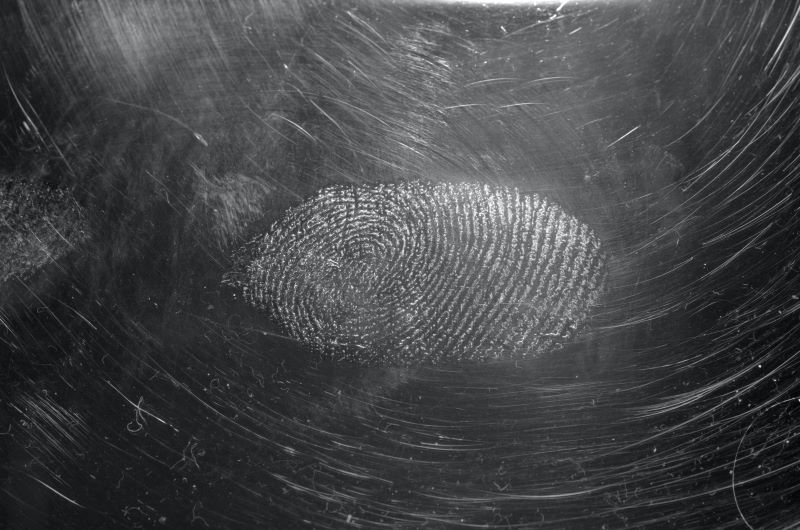IARPA announces speech recognition challenge contest
 The Intelligence Advanced Research Projects Activity (IARPA), within the Office of the Director of National Intelligence (ODNI), announced on November 18 that it is launching a speech recognition challenge contest, Automatic Speech recognition in Reverberant Environments (ASpIRE), to enable automatic speech recognition technology to perform well across a variety of acoustic environments and recording scenarios on natural conversational speech.
The Intelligence Advanced Research Projects Activity (IARPA), within the Office of the Director of National Intelligence (ODNI), announced on November 18 that it is launching a speech recognition challenge contest, Automatic Speech recognition in Reverberant Environments (ASpIRE), to enable automatic speech recognition technology to perform well across a variety of acoustic environments and recording scenarios on natural conversational speech.
“Speech recognition technology performs best when the data used to train a system matches the data used to evaluate it,” said Mary Harper, IARPA program manager. “Building speech recognition systems that work well on speech recorded in mismatched noisy, reverberant environments is essential for many Intelligence Community (IC) missions.”
The ASpIRE challenge seeks to foster the development of innovative speech recognition systems that can be trained on conversational telephone speech, yet work well on far-field microphone data from noisy, reverberant rooms. Challenge “Solvers” are given access to sample data against which they can test their algorithms that are different from the test set, but provide a good representation of microphone recordings in real rooms. Solvers are then asked to use their algorithms to submit transcriptions for the test set. The algorithm that produces the lowest word error rate in the single microphone condition will receive $30,000, and the algorithm that produces the lowest word error rate in the multiple microphone condition will receive $20,000. The single microphone condition evaluation will run February 4-11, 2015. The multiple microphone condition evaluation will run February 12-19, 2015.
Challenges are widely recognized as a cost-efficient way to gather cross-disciplinary solutions to difficult problems. With ASpIRE, IARPA is continuing to address its mission to promote high-risk, high-payoff research that has the potential to enhance the performance of IC activities. IARPA’s use of a challenge to stimulate breakthroughs in science and technology also supports the White House’s Strategy for American Innovation, as well as government transparency and efficiency.
Source: ODNI







